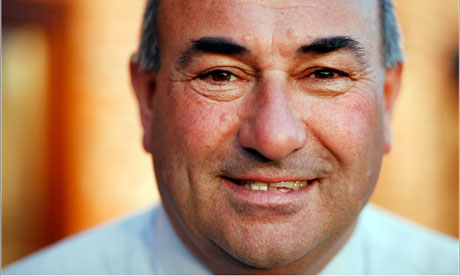John Solheim Wants Everyone To Have Three Balls, And Other Amazing Revelations
/Or the option to play one of three golf balls...report Mike Stachura and E. Michael Johnson on the latest bizarro proposal from the PING folks in Arizona, hoping to stave off the governing bodies from more regulatory moves.















